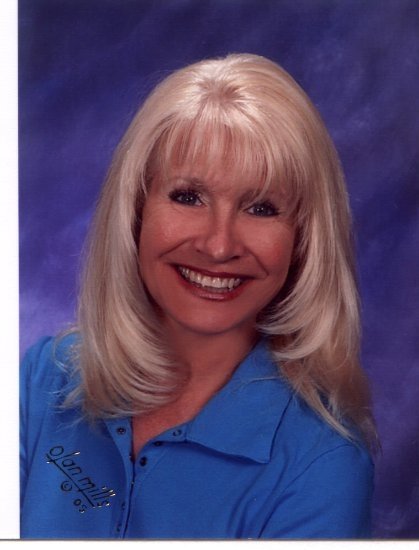Today’s post is in response to a question from a reader. She asked, “What do you do when you are the only caregiver and you become ill?”
I will begin by saying this is a very good question, and I happen to know this reader. She is the primary caregiver for her husband; she did become very ill recently and had to be hospitalized for several days, and had difficulty in finding help for her husband. She is presently discharged from the hospital and back home with her husband, although she’s still not feeling well. So, I am attempting to answer her question in hindsight, although this information might be helpful in the future.
Ideally, a family caregiver should have an emergency plan written up ahead of time, and have the back-up system ready to put into place should she/he need it. Keep the written plan in a specific location, just as you would a disaster-preparedness plan, and make others are aware of it. Speak with family members, neighbors, members of your church, and the patient’s doctor, in advance so that you have your back-up team in place, should you need it. If you are caught off-guard, as was this friend of mine, I recommend you would still contact this same list people to fill in for you, as well as contacting the patient’s doctor who may possibly be able to order home health to be provided for the patient during your absence.
Even as a professional caregiver, I had my list of possible fill-in caregivers I could call who might be willing to provide temporary care in my absence.
I did a little research today and found some groups and organizations which would be able to help a caregiver set up an emergency back-up list. I would recommend that a caregiver contact these agencies ahead of time and be familiar with the services they provide. I found that usually calling or contacting one agency would often provide me with several other leads for help. This is true, not just for respite care, but for any need you may have for your patient.
The following is a short list of agencies, but feel free to contact me and I will do a little more research to find others:
Eldercare Locator – www.eldercare.gov
ARCH National Respite Network – http://archrespite.org/respitelocator
National Adult Day Services Association (NADSA) – www.nadsa.org
Family Caregiver Alliance – www.caregiver.org (http://www.caregiver.org/ )
National Family Caregivers Association – www.caregiveraction.org (http://caregiveraction.org/ )
Again, I recommend contacting these agencies in advance, making yourself aware of the services they provide, and keeping a list of local contact names and phone numbers. Add these to your emergency care-provider list.
Also add to your list any local caregiving agencies which offer affordable costs for a temporary caregiver. Using an agency can get costly, but knowing your options ahead of time will provide great relief as a caregiver in knowing that your patient’s needs will be supplied in your absence.
Remember to practice measures of self-care as a caregiver in order to help avoid some health issues which are job-related! Taking good care of yourself is also part of taking good care of your patient.




Bill did do this…had stickys and notes taped all over the house with names, relationships and numbers. Her children at anytime would have access to any one that may have needed.
Thanks Donna for using this article as a reference!